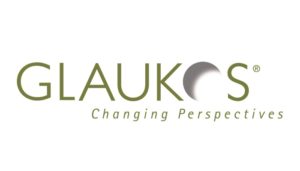 Glaukos (NYSE:GKOS) announced today that it completed enrollment for a Phase 3 clinical program for its iDose TR sustained-release travoprost implant.
Glaukos (NYSE:GKOS) announced today that it completed enrollment for a Phase 3 clinical program for its iDose TR sustained-release travoprost implant.
San Clemente, Calif.–based Glaukos’ iDose TR implant contains a novel formulation of travoprost, a prostaglandin analog used to reduce intraocular pressure (IOP) through a design that continuously releases therapeutic levels of the medication for at least one year. Once all travoprost is released, the implant can be removed and replaced with a new iDose TR as an alternative to daily eye drop treatment.
According to a news release, the iDose TR Phase 3 clinical program includes two prospective, randomized, double-masked clinical trials. Those trials set out to compare the safety and efficacy of a single administration of one of two iDose TR models with different travoprost release rates to topical timolol ophthalmic solution in reducing elevated IOP in subjects with open-angle glaucoma (OAG) or ocular hypertension.
The primary efficacy endpoint for the studies is non-inferiority comparison to topical timolol over the first three months and safety evaluations for up to 12 months.
Glaukos said the trials randomized 1,150 subjects across 89 clinical sites, most of which lie in the U.S. The company expects the 12-month iDose TR Phase 3 trial results to support its targeted FDA new drug application (NDA) submission in 2022, followed by potential FDA approval in 2023.
“We are excited to announce this important milestone for iDose TR, marking a critical step in bringing this promising technology one step closer to being able to safely provide sustained glaucoma pharmaceutical therapy and tackle the significant problem of patient non-adherence to topical glaucoma medication regimens,” Glaukos president & CEO Thomas Burns said in the release. “We appreciate the commitment and dedication of the clinical investigators, who play a vital role in bringing new innovations to patients suffering with glaucoma disease. We look forward to following these patients’ outcomes as we target U.S. NDA submission in 2022 and FDA approval in 2023.”

